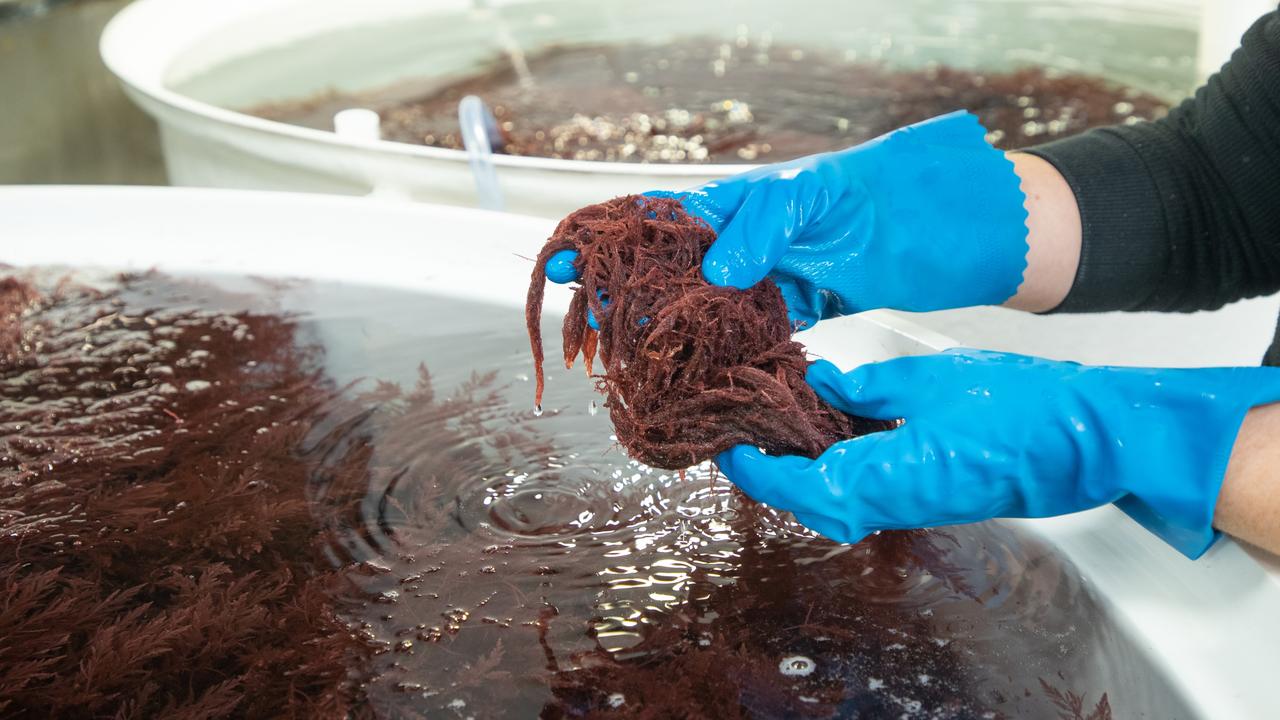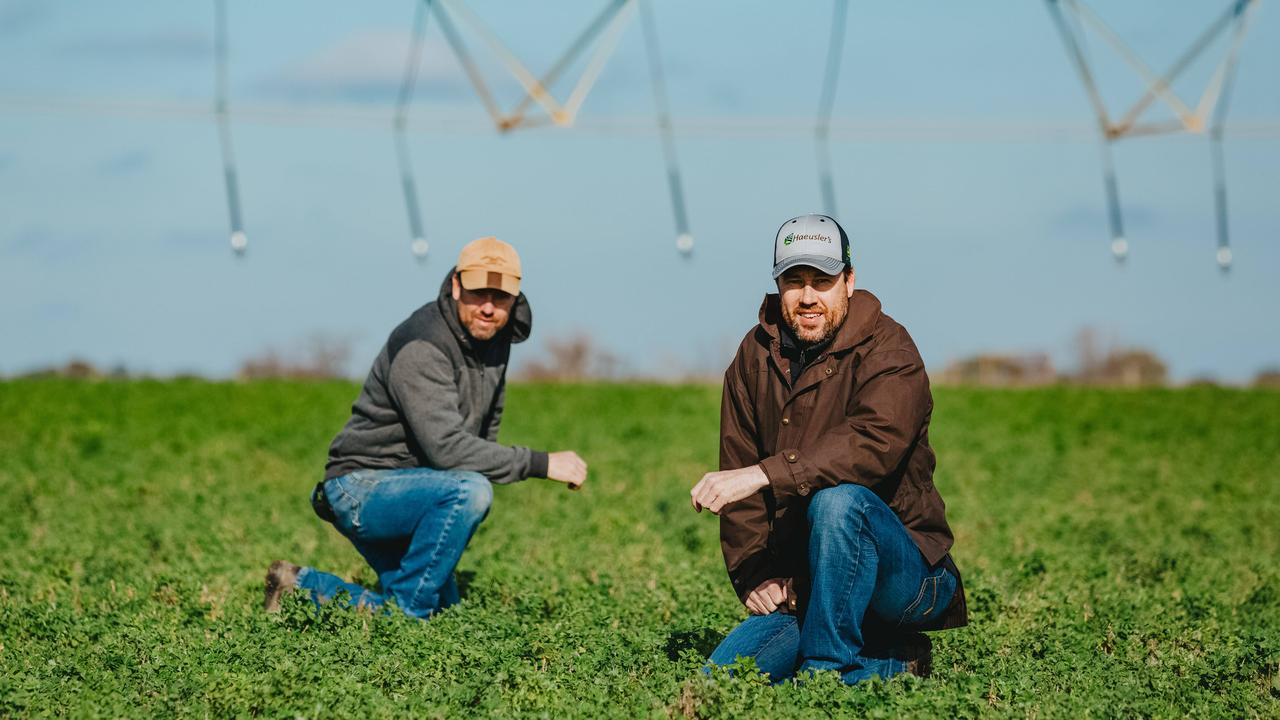Pollinator Week celebrates true value of Australian bees across the nation
The crucial role pollinators play in sustaining the nation’s economy and ecology will be in the spotlight this month during Australian Pollinator Week.
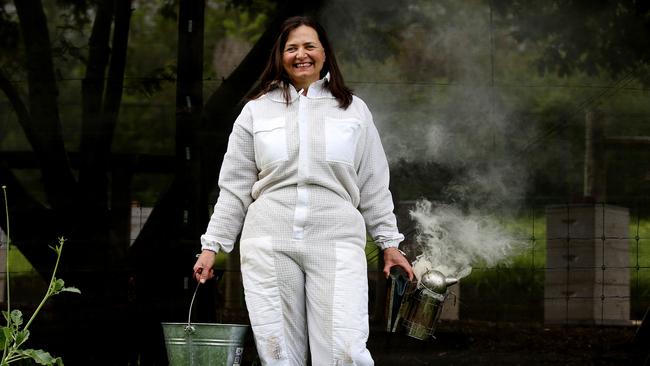
THERE is money in honey, but the true value of Australia’s bees – including honey bees and native species – lies in the horticulture industry’s booming output and essential ecological preservation.
Those are the messages organisers want to communicate during Australian Pollinator Week celebrations next week.
“Australian Pollinator Week is about recognising all pollinators are important,” says Fiona Chambers, chief executive of Wheen Bee Foundation, the not-for-profit group organising and publicising the nationwide event.
“It is an opportunity to raise awareness and get people more connected to the environment, and the complexity of how we produce food in that environment.”
Wheen Bee Foundation has this year become the custodian of the annual seven-day campaign, established in 2015 by native-bee expert Dr Megan Halcroft.
“Megan is a Wheen Bee Foundation Ambassador … and a pioneer in leading the charge to establish Australian Pollinator Week,” Fiona says.
Including workshops, insect species counts and film screenings, pollinator week runs from November 10-17.
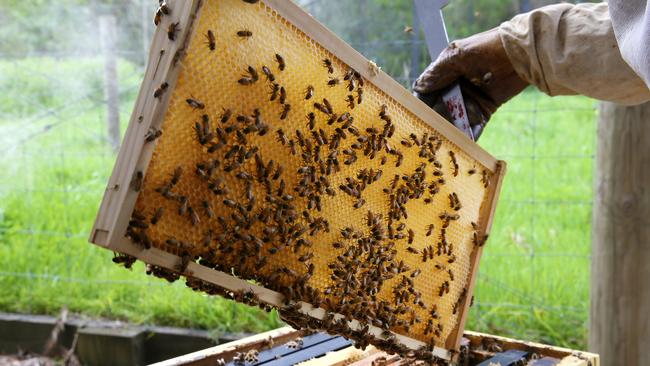
The choice of week is quite deliberate – this time of year bees, flies and pollinating insects are active in gardens, school grounds, parks and paddocks, offering opportunity for the public and producers to learn about species first-hand and support their survival.
Wheen Bee Foundation was set up by another pioneering female, queen-bee breeder Gretchen Wheen, who in 2012 bequeathed her estate to fund work towards securing pollination and food security for the future.
Fiona says the foundation is putting resources behind next week’s campaign to throw the spotlight on all pollinators – from native bees, flies and wasps to birds and bats – to show how important they are not just for the survival of native ecosystems, but also food crops. Fiona has been at the helm of Wheen Bee for three years. An organic farmer and agriculture educator, she also has a background in livestock health, rare breeds and genetics.
“It is like everything I have done in my life has brought me to this point,” she says. “Honey bees are absolutely essential for so many of our food crops; and native pollinators are essential to our native landscapes. I feel really strongly that we need to safeguard both.”
Without access to a year-round supply of flowers, bees will struggle to meet pollination needs of Australia’s expanding horticulture and crop production.
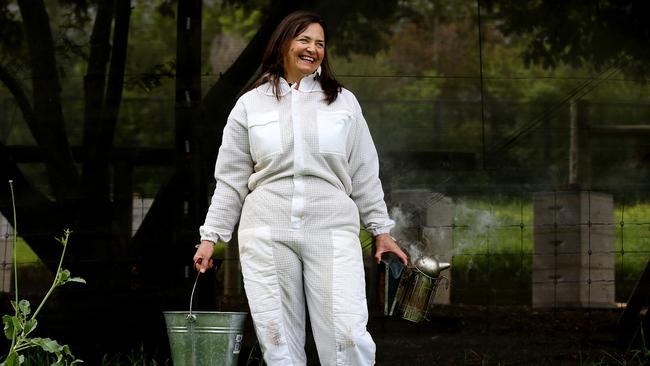
THE most recent ABARES honey bee report valued the Australian bee industry’s 2014-15 production at $101 million in honey and hive products, which makes it tiny in comparison to other ag sectors.
However, another report, by Curtin University researcher John Karasinski, quantified honey bees’ value in terms of the horticultural production they
make possible. It was a staggering $14.2 billion for the same time period.
“What that is saying is the economic value of pollination is 140 times more than the total value of honey produced,” Fiona explains.
“I think many of the agricultural industries know bees are important for pollination, but they underestimate the heavy lifting achieved by this industry sector relative to its scale. It’s a burden beekeepers cannot be expected to carry on their own.
“We are reaching the point where we have to plan for the number of hives we need for the pollination requirements.”
Victoria’s honey-bee-pollinated crops are worth more than $6 billion annually, more than twice that of NSW’s $2.5 billion production. However, paid pollination services account for just 11 per cent of Australian beekeepers’ income, Fiona says.
“In the northern hemisphere, it is the complete opposite,” she says, explaining paid pollination services make up a substantial per cent of beekeepers’ incomes in the US, as well as Europe.
Here, bee services are being stretched, with Victoria’s expanding almond
industry requiring hundreds of thousands of hives every August, shipped in from across the country. Declining diversity and availability of flowering plants is putting pressure on native and non-native pollinating insects. As part of the celebrations next week, Fiona hopes producers will consider the role pollinators play in their businesses, and how biodiversity can help these pollinators survive and thrive.
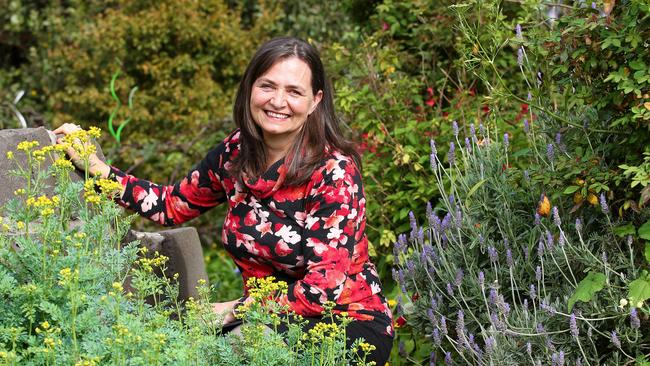
FIONA says more research about honey bees and native pollinators is needed.
“At the moment, the honey bee industry funds its research from levies out of honey, which is 4.6 cents per kilogram of honey,” Fiona says. “If you think that the total amount of honey sales was only $100 million, the amount of research that was going through the R & D fund was like a couple hundred thousand dollars a year.”
After three years of behind-the-scenes work, the Wheen Bee Foundation has helped secure $3.7 million from industry groups and the government to start a national queen bee genetic improvement program. Fiona is extremely proud of the achievement.
She hopes pollinator week can further the cause, and unite efforts to support all pollinators.
“The question now is how to find that important balance and a safe place to have difficult conversations about balancing our food production requirements and our ecology requirements,” she says.
“The only people who need to be interested in this are people who like to eat.
“That’s everyone.”
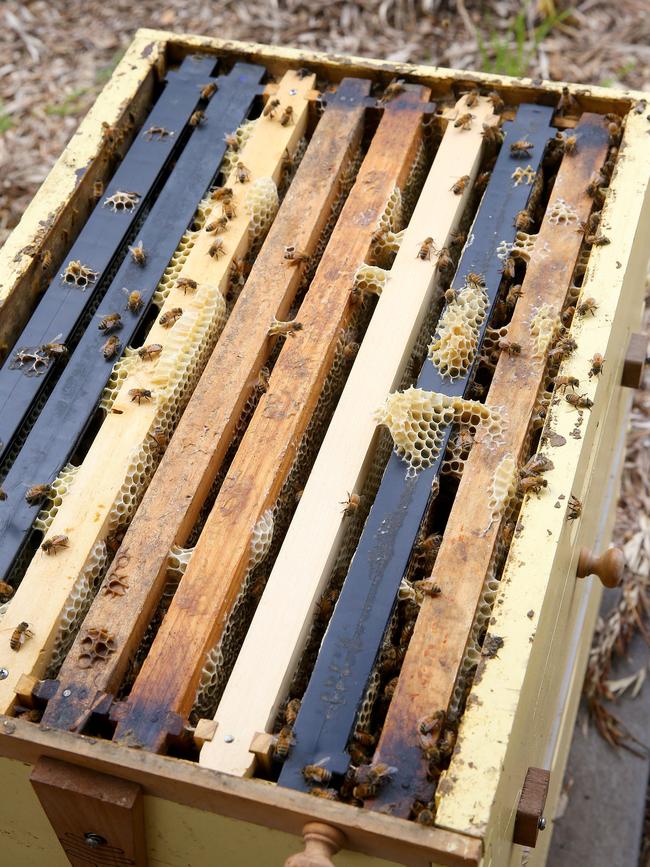
Australian Pollinator Week
Workshops, events, pollinator counts and film screenings are scheduled across the nation as part of the seven-day campaign running November 10-17.
australianpollinatorweek.org.au

